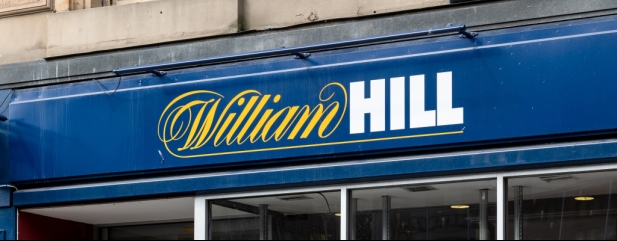Archived article
Please note that tax, investment, pension and ISA rules can change and the information and any views contained in this article may now be inaccurate.
The companies taking advantage of M&A opportunities

The coronavirus crisis has had a big impact on businesses and their finances – it has also left some firms vulnerable to opportunistic bids.
Companies running the gamut from retirement housebuilder McCarthy & Stone (MCS) to telecoms firm TalkTalk (TALK), have been the subject of approaches of late.
Meanwhile G4S (GFS) is doing its best, against pretty unfavourable odds, to fight off a hostile £3 billion takeover by its rival GardaWorld.
And in September 2020 William Hill’s (WMH) board agreed to a 272p per share bid from its commercial partner and US casino giant Caesars Entertainment despite grumbles in some quarters that the terms undervalue the growth potential across the Atlantic. Shareholders will ultimately decide the fate of the deal at a vote on 17 November.
It is not all one-way traffic though. Those companies in the enviable position of having robust balance sheets and/or a relatively limited hit from the pandemic are hitting the acquisition trail.
A recent piece of research from Liberum screened the market to come up with a list of UK dealmakers which in its words were ‘companies that have been atypically active on the deals front this year, whilst gaging how accretive this strategy is to earnings and how conservatively goodwill is represented on the balance sheet’.
Goodwill is an accounting term which refers to anything a company pays above and beyond the value of an acquired firm’s assets. By buying businesses now, companies will benefit from depressed valuations – with a reasonable chance that these acquisitions will be worth rather more than they paid in a recovery scenario.
ORGANIC INVESTMENT
There are though no guarantees with M&A – hidden nasties, culture clashes and a myriad of other factors mean deals can just as easily destroy as create value – even if an acquisition looks like a relative bargain.
In this context it is also worth looking at companies which are investing in their own business, taking advantage of their financial strength to put money into initiatives which can improve their competitive position.
Two examples stood out to this author among the latest round of corporate updates. Housebuilder Bellway (BWY) was among a number in its sector to start putting money into land buying.
By doing so it will look for a repeat of the formula from the financial crisis when land was bought at a discount and then once the houses were built a few years down the line the market had recovered – providing a big boost to profitability.
Consumer goods giant Reckitt Benckiser (RB.) is allocating investment to innovation and marketing. This should improve its brand power in the medium term.
Important information:
These articles are provided by Shares magazine which is published by AJ Bell Media, a part of AJ Bell. Shares is not written by AJ Bell.
Shares is provided for your general information and use and is not a personal recommendation to invest. It is not intended to be relied upon by you in making or not making any investment decisions. The investments referred to in these articles will not be suitable for all investors. If in doubt please seek appropriate independent financial advice.
Investors acting on the information in these articles do so at their own risk and AJ Bell Media and its staff do not accept liability for losses suffered by investors as a result of their investment decisions.
Issue contents
Cover Story
Editor's View
Feature
First-time Investor
Great Ideas
Money Matters
News
- UK in flux as state support sees borrowing spike and Brexit remains uncertain
- German software giant SAP pulls forward cloud plans
- Schroder British Opportunities on track despite other failed IPOs
- Bank stocks rally but dividend resumption hopes may be overdone
- Why stocks have fallen despite beating earnings

 magazine
magazine








